Many Black people struggle with self-acceptance. The societal pressures that occur regarding our appearance need to be addressed. Everyone has felt insecure about their appearance at some point, but for Black people, these insecurities usually develop at a young age due to elements out of our control.
This has led to a serious conversation within and about the Black community regarding natural beauty.
When Black people choose to embrace their natural look, this embrace is not as widely accepted as in other cultures. We often get criticized for it. Wearing our natural hair or showcasing our distinct skin tones without makeup receives this criticism due to societal standards that favor Eurocentric beauty norms.
I and many others have experienced this. I wear my locs in ponytails, buns, and braids. However, when I choose to wear my hair out without much styling, I seem to invite the typical yet hurtful responses: “Oh you look so different.” I get this certain look that makes me feel as if I’m an animal in a zoo. I was even compared to Medusa for wearing my locs out, implying that locs are unruly or monstrous.
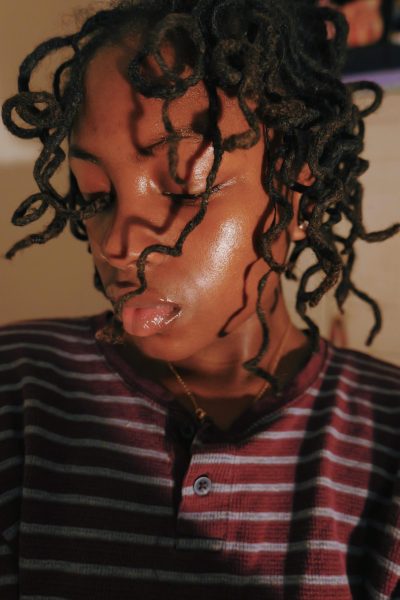
Black people get teased about how short their hair is, feeding into the stereotype that longer, straighter hair is the ideal. As a result, we are “expected” to wear styles that align with Eurocentric beauty standards to feel better about ourselves and to avoid the comments that come with wearing our natural hair.
So, when you criticize a Black person’s natural appearance, you are not only targeting that individual but also devaluing the important cultural expressions tied to our heritage and identity. Our natural hairstyles and features are connected deeply within our culture, traditions, and pride, so when it’s mocked or criticized, you’re undermining the diversity and history embedded in Black culture.
This criticism isn’t solely external. The Black community criticizes each other as well, although it’s not entirely our fault for doing so. Historical and ongoing discrimination such as segregation or biased representation in media has led many Black people to adopt Eurocentric behavior and standards, which correlate with racial stereotypes and prejudice.
This causes many of us to resent our range of skin tones, full lips, high cheekbones, broader noses, and variety of hair textures that often are not present in other races. People may feel insecure about a darker skin complexion because mainstream culture doesn’t portray it as something beautiful or something to be proud of as much as it should. We may even internalize those negative messages and project them onto each other.
This internal struggle is a battle that I and many others have noticed in the Black community. Dark-skinned black girls and women, and light-skinned black boys and men get similar criticism about their skin tone, and it often comes from deeply ingrained colorism within the community. The dark-skinned Black girls are too “loud,” too “ghetto,” and their hair too “nappy” and undesirable, while light-skinned Black boys are not “tough” enough: they’re soft, not intimidating.
A dark-skinned Black man will get unfairly labeled as a “threat” or “aggressive,” while a light-skinned Black woman will get labeled as “exotic,” and she’s more desirable, sometimes even fetishized. The Black community gets shown and told these things from a young age, so naturally, some of us think like this because of these stereotypes, leading to internalized bias.
An example of us criticizing each other can be found in videos like the “Darkskin VS Lightskin Interview,” which were popular online between 2016 and 2019. The videos consist of a person going around and asking (mostly Black) people if they prefer light-skinned or dark-skinned partners. Most people would choose partners with light skin, and put them on a pedestal, while the dark skins would receive hate and outrageous comments like, “Im too dark what do I need a [explicit] darker than me for?”
While researching these types of videos, I never came across a video of people of other races doing this “challenge.” In general, the challenge shouldn’t exist to begin with, but the fact that Black people were the only ones doing this was upsetting. How much more can we continue to divide ourselves from each other?
These negative perceptions extend beyond skin tone and hair textures but also connect to discussions within the Black community about what is considered “natural” versus “unnatural,” with these terms having different meanings for each person. But regardless of your viewpoint, how others present themselves–naturally or with enhancements–should be respected, and we should be able to embrace ourselves unapologetically.
However, respect becomes challenging when these stereotypes pop up in professional settings.
Brittany Noble Jones, a former anchor for WJTV, a local news station out of Jackson, MS, was fired because she decided to untangle herself from your typical “signature on-air hairstyle.” She explains how she used to wear sew-ins and wigs, which caused her hair to change textures, and so one day she wore twists in her hair, which unfortunately ended her career at WJTV.
Jones’s firing over her natural hair reflects the societal bias rooted in outdated Eurocentric beauty standards that place conformity over individuality. Such consequences were also seen in the case of Darryl George, a Texas high school Black student who served an in-school suspension for his locs
George and Jones are examples of the bigger issue linked to societal bias and generational trauma. This stems from a history of colonization and slavery. Black slaves were often subjected to dehumanizing treatment, which extended into their appearance, with natural hair being deemed “unkempt” or “inferior’ to the straight hair of the oppressors. These features were ridiculously portrayed in “art” and sometimes even against the law, as Black women being forced to cover their hair with bonnets or head wraps.
This historical discrimination resonates today with many Black women experiencing hair damage due to methods like perms and hair straightening, things they do to “relax” their natural hair. The chemical process that is involved in perming your hair can lead to breakage, dryness, and even thinning. These experiences make many Black women victims of cultural assimilation, because they conform to society’s ideals that value straighter hair, much at the expense of their own health and expression of identity.

However, a shift has been taking place as Black artists and celebrities like Issa Rae, Lupita Nyong’o, Rihanna, Teyonah Parris, Tracee Ellis Ross, and many more can be seen proudly embracing their natural hair. We need this kind of representation, not just from these celebrities, but in our own homes and schools. Black kids need to be taught and shown that they are beautiful from a young age in order to achieve self-acceptance and pride, which movements like the Black is Beautiful Movement did years ago.
The Black is Beautiful Movement came into view in the 1960s, encouraging Black people to embrace their natural features as well as their heritage with dignity. The movement uplifted people and inspired them to disassociate from Eurocentric traits and gain self-acceptance for themselves as Black people.
Kwame Brathwaite, a photographer and proponent of the Black is Beautiful Movement, captured in his pictures the pride and dignity in Black culture. Natural hairstyles like the Afro were popular; “Changing Times” shows a picture of a Black woman holding herself, eyes shut with a big Afro.
When I first saw this photo, I was immediately drawn to her 4C hair and how beautiful it looked. She looked like she had so much confidence in herself, and I’m sure she did. This is the confidence that many Black people have, but some are still struggling to find peace and confidence with their natural hair.
From a young age, we’ve been told by society that 4C hair, the most common hair type among Black people, is too hard to work with, and if it’s not long, it’s wrong. We need to change this narrative. Most Black girls with a 4C hair type might relate to growing up feeling like their hair was just too much, and adding in hair was much easier when getting ready. We always had to make sure our hair was “done”.
Like Brathwaite, I wanted to combine my love of photography and Black people to create a project that showcases the beauty in my people. Each person featured in the gallery at the top of the page is a beautiful person. I hope that when you look at these photos, you will recognize that Black hair, lips, bodies, and skin tones are beautiful and thus move away from these superficial enhancements to achieve a sense of attractiveness that is not necessary. What’s the need to add them when we already have the beauty to begin with?
Let me re-emphasize this: you’re entitled to dress how you want, wear whatever accessories you want, and do your hair how you want, and nobody should be in your business about any of it, but I also want to highlight that natural beauty should also be celebrated more than it already is in the Black community.
Change takes time. As Black people continue to face society’s challenges and judgments related to our appearance, we need to support and uplift each other. Other races don’t have to deal with slick comments about their natural hair and looks, so Black people shouldn’t either. We should not have to create movements and organizations to feel accepted within our culture.
So, to the Black students at NAHS and any Black person in this world struggling with self-confidence, do not feel like you need to conform to what society wants you to be. Stop making yourself smaller to make others feel “comfortable.” Don’t feed into the stereotypes that society has put on us, and don’t ever let anyone tell you that you’re less than because of your appearance. Be big and be prideful, and know that your culture and its history should be embraced not hidden.

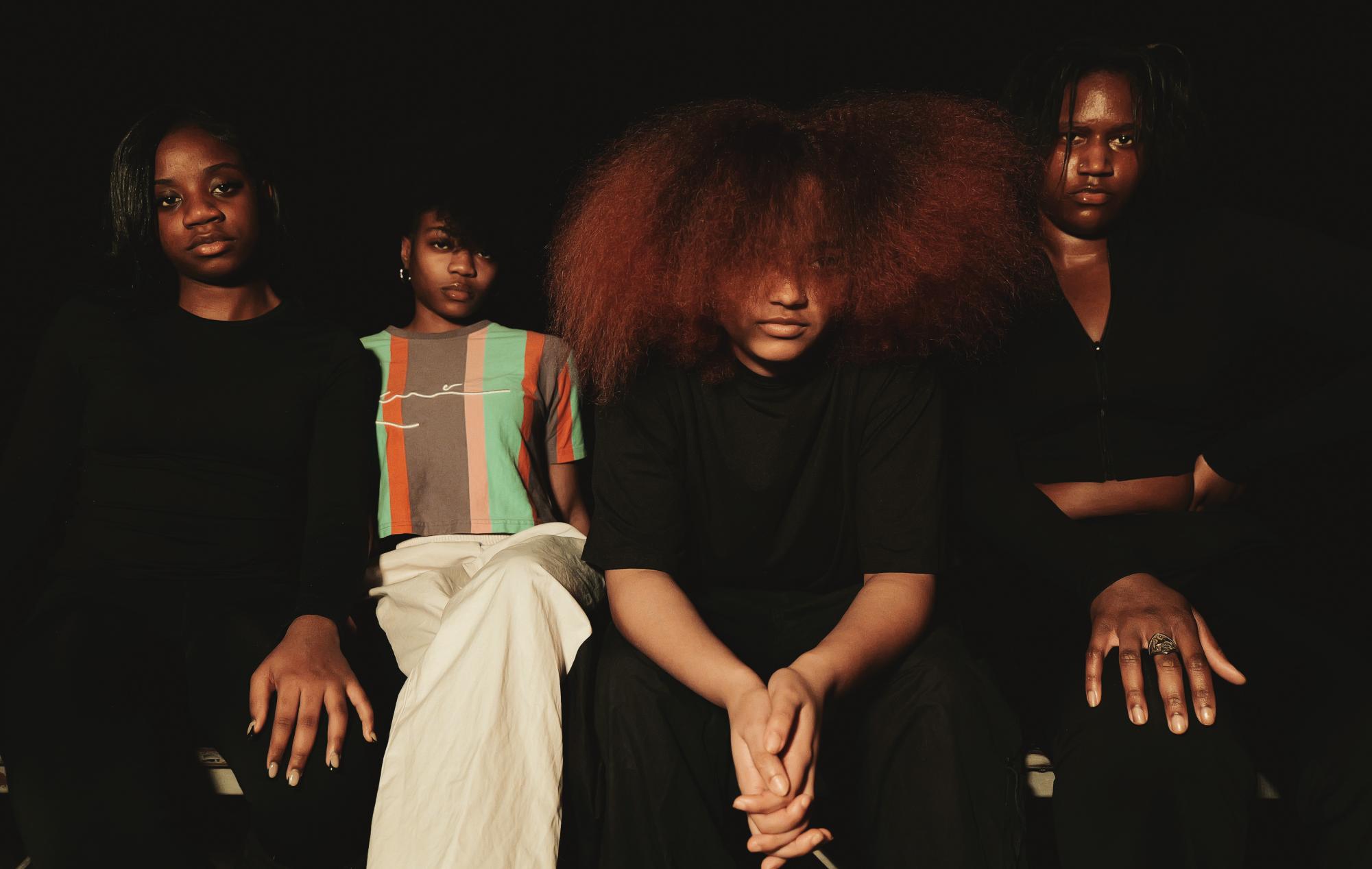

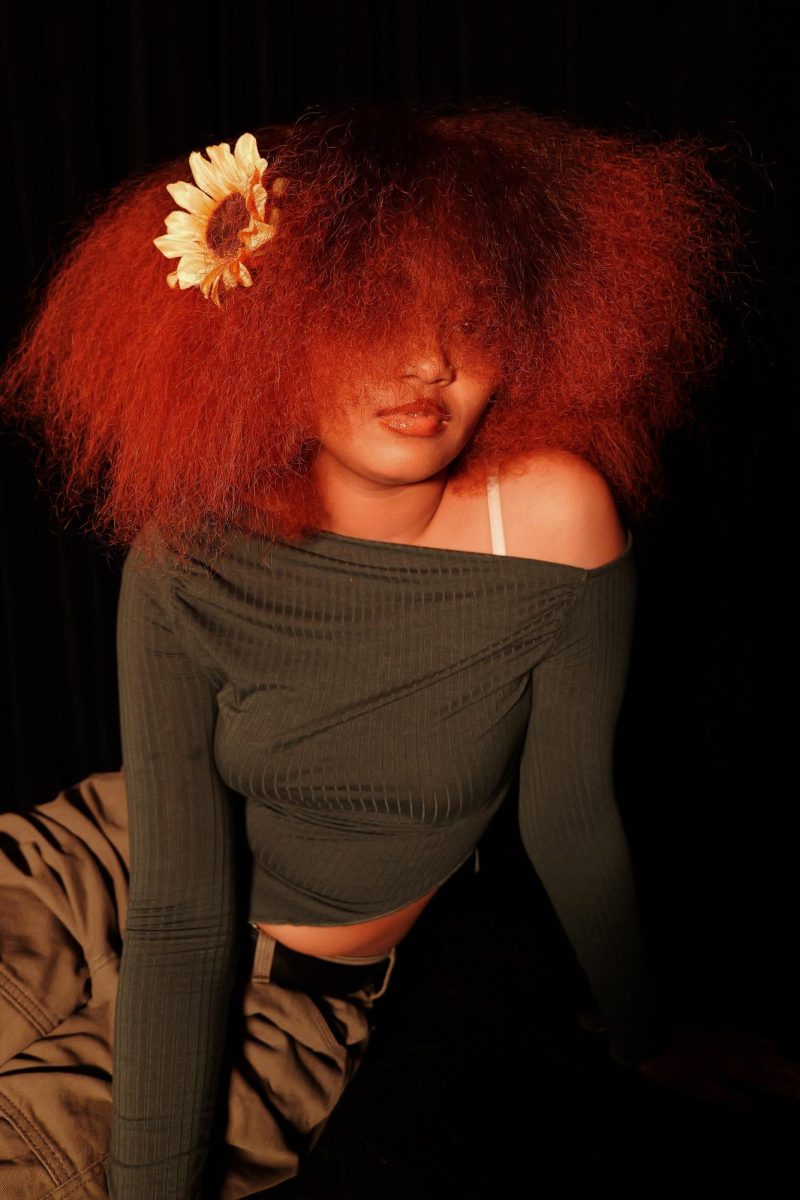




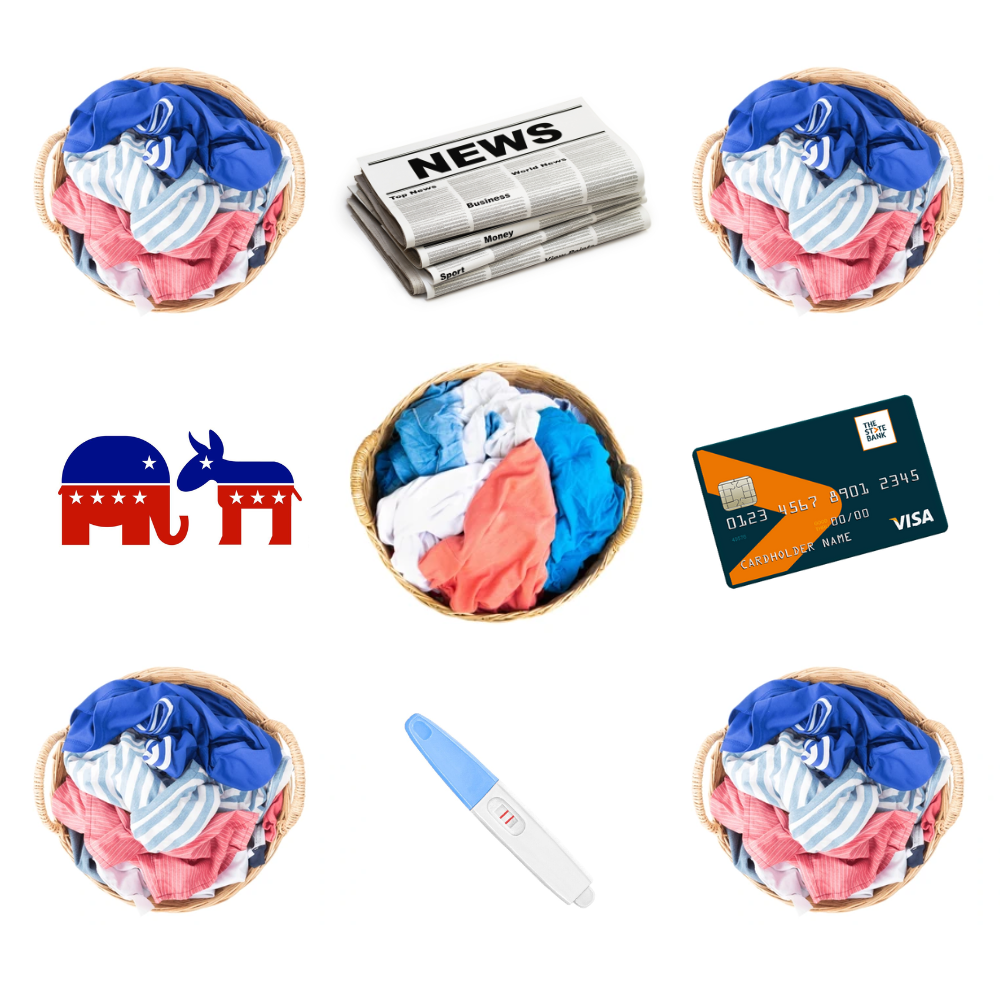






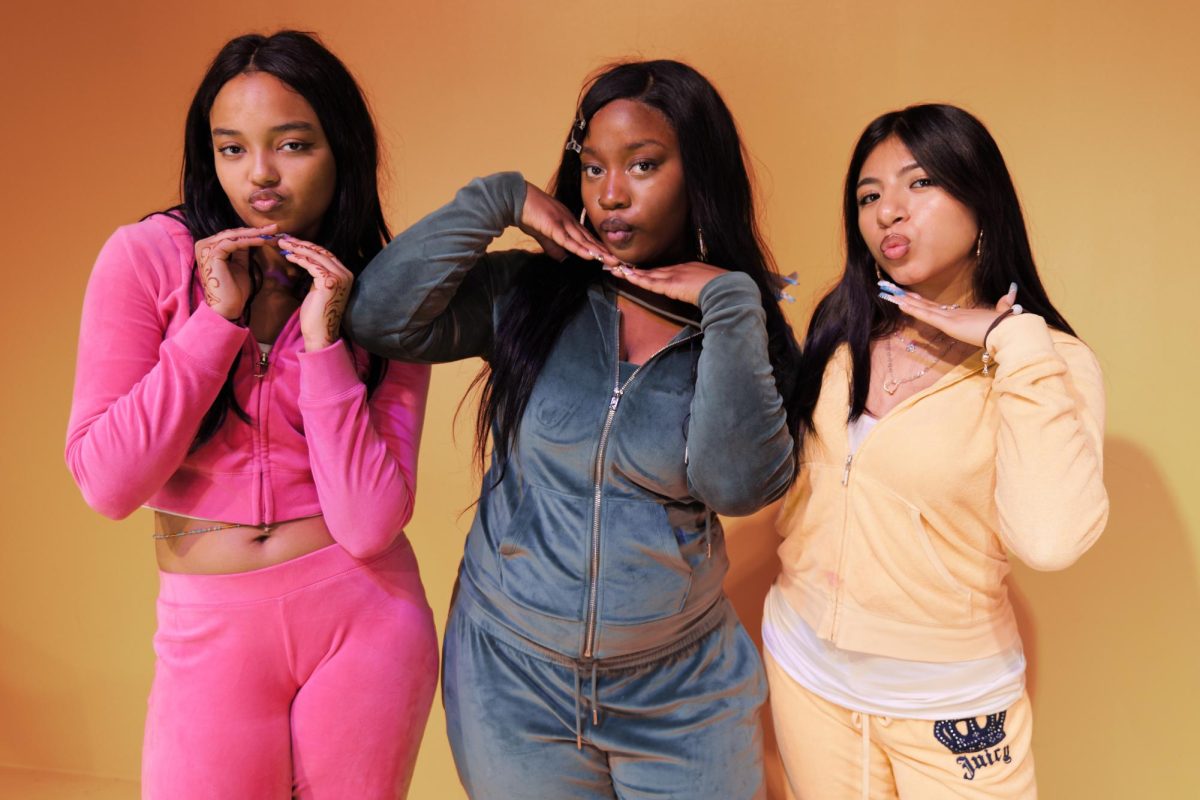
Lynne Danoff • Mar 2, 2025 at 11:49 am
Maci!!!!!! This is absolutely incredible! Beautiful from beginning to end.
Amy • Feb 28, 2025 at 8:23 am
Blown away with the portraits! The author has a great voice and viewpoint. Very well written!
Maci • Feb 28, 2025 at 9:51 am
Thank you I appreciate it!
Trish B • Feb 21, 2025 at 8:42 pm
Absolutely wonderful, the encouragement for this generation definitely put a smile on my face.!! So beautiful
Tenay Brown • Feb 21, 2025 at 8:37 pm
Amazing job! It turned out so well! 🫶🏾
Peggy Colson • Feb 21, 2025 at 11:24 am
Great job Maci
Grandmom
Maci • Feb 27, 2025 at 4:59 pm
Thank you <3
Sarai Marks • Feb 21, 2025 at 10:23 am
I love this article! The photos were taken very professionally!
Ms. Bolinsky • Feb 21, 2025 at 8:31 am
Wow! What stunning photos. Great job Maci.
Maci • Feb 27, 2025 at 4:58 pm
Thank you Ms. Bolinsky!
Kamya Durant • Feb 21, 2025 at 2:56 am
I love this. Gorgeous work!
Maci • Feb 27, 2025 at 4:57 pm
Thank you!